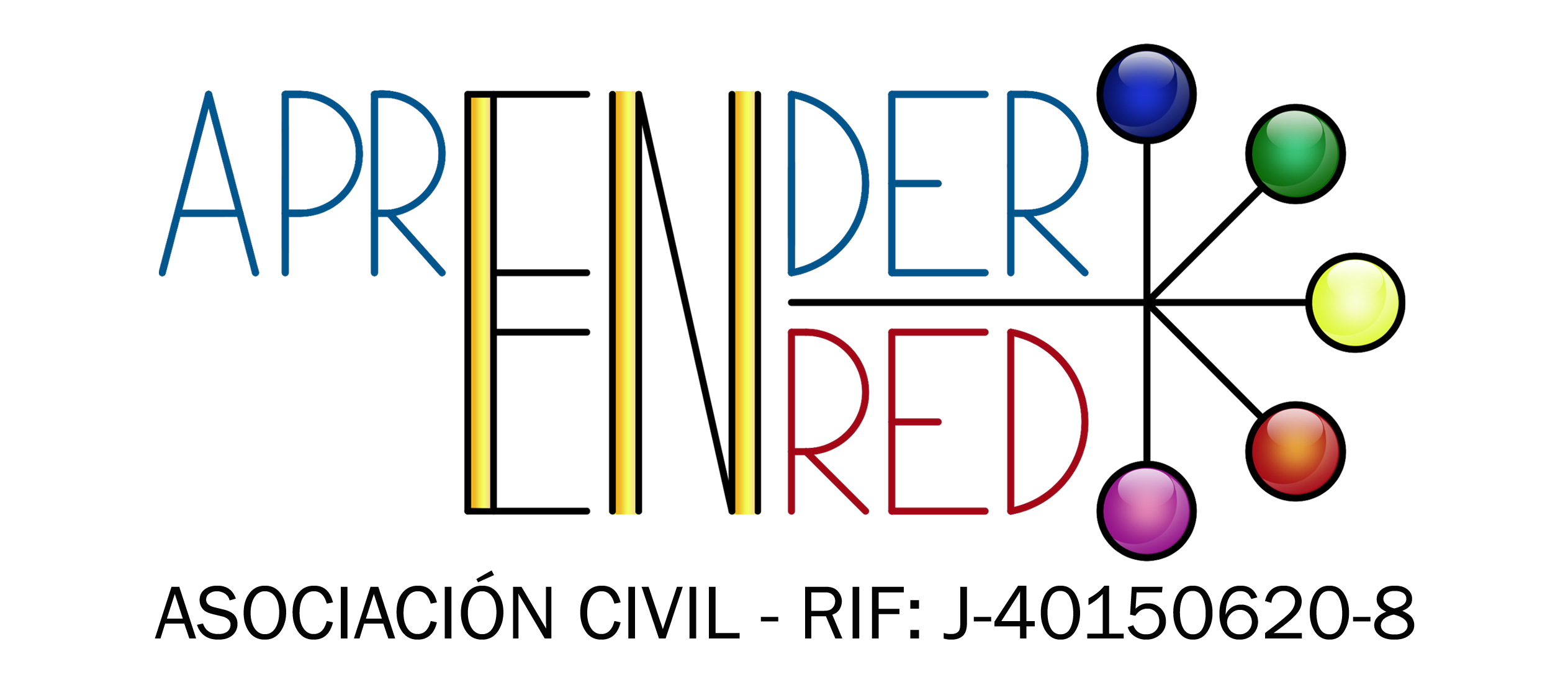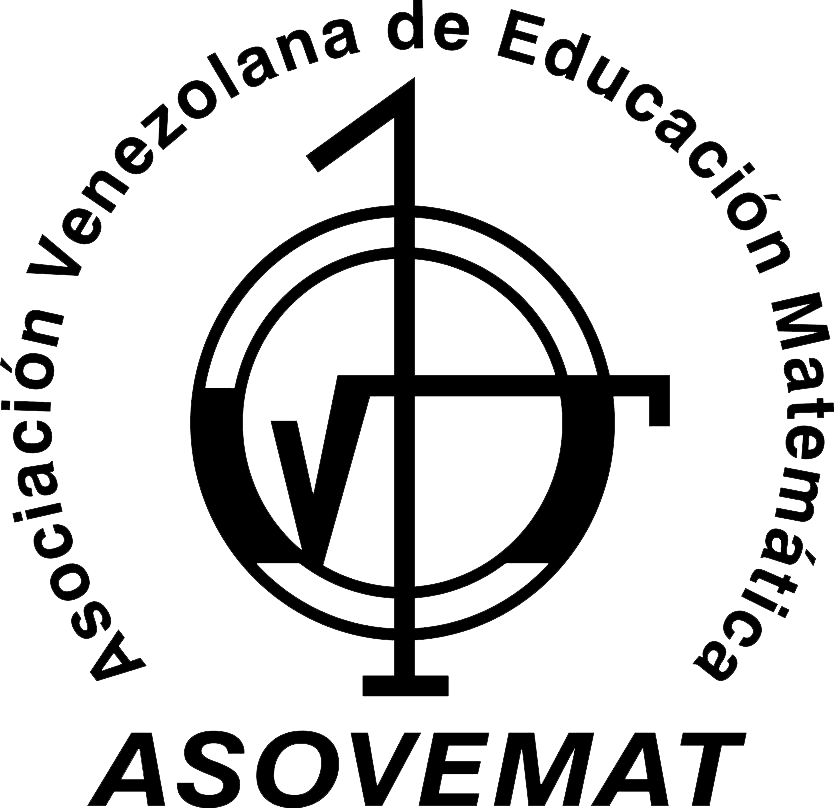Uma aproximação a um modelo de conhecimento do educador de professores de matemática
DOI:
https://doi.org/10.54541/reviem.v1i1.12Palavras-chave:
Conhecimento do formador, Conhecimento do professor de matemática, MTSK, MTEKResumo
Este artigo é uma revisão teórica sobre os saberes do formador de professores de matemática. Décadas de estudo sobre o conhecimento do professor produziram abundantes informações teóricas e empíricas sobre o mesmo e alguns grupos que contribuíram para o seu desenvolvimento estão agora considerando avançar para modelos de conhecimento do formador, tornando esta área uma prioridade. Esses modelos tendem a ser elaborados a partir da perspectiva teórica subjacente a um determinado modelo de conhecimento do professor, admitindo que ambos os saberes (do formador e do professor) são substancialmente diferentes, embora tenham elementos comuns. Neste artigo, o modelo de conhecimento do professor que inspira o trabalho é o do saber especializado do professor de matemática (MTSK); portanto, este é o ponto de partida da reflexão que se apresenta. O conteúdo da própria formação e a consideração dos diferentes perfis de quem deve desenvolvê-la servirão de base aos domínios de conhecimento propostos que se apresentam.
Downloads
Métricas
Referências
Abell, S. K., Rogers, M. A. P., Hanuscin, D. L., Lee, M. H., & Gagnon, M. J. (2009). Preparing the next generation of science teacher educators: A model for developing PCK for teaching science teachers. Journal of Science Teacher Education, 20(1), 77-93. https://doi.org/10.1007/s10972-008-9115-6
Appova, A., & Taylor, C.E. (2019). Expert mathematics teacher educators’ purposes and practices for providing prospective teachers with opportunities to develop pedagogical content knowledge in content courses. Journal of Mathematics Teacher Education, 22, 179-204. https://doi.org/10.1007/s10857-017-9385-z
Ball, D. L., & Bass, H. (2003). Toward a Practice-Based Theory of Mathematical Knowledge for Teaching. En Proceedings of Annual Meeting of Canadian Mathematics Education Study Group (pp. 3-14). CMESG.
Ball, D. L., & Bass, H. (2009). With an eye on the mathematical horizon: knowing mathematics for teaching to learners’ mathematical futures. 43rd Jahrestagung der Gesellshaft für Didaktik der Mathematik. Oldenburg, Germany
Ball, D. L., Thames, M. H., & Phelps, G. (2008). Content knowledge for teaching: What makes it special? Journal of Teacher Education, 59(5), 389-407. https://doi.org/10.1177/0022487108324554
Bass, H. (1997). Mathematician as educators. Notices of the AMS, 44(1), 18-21.
Beswick, K., & Chapman, O. (2015). Discussion group 12: Mathematics teacher educators’ knowledge for teaching. Conducted at the 12th International Congress on Mathematics Education held in Seoul, South Korea. (pp. 29-32) https://doi.org/10.1007/978-3-319-12688-3
Carrillo, J., Climent, N., Montes, M., Contreras, L. C., Flores-Medrano, E., Escudero-Ávila, D., Vasco-Mora, D., Rojas, N., Flores, P., Aguilar-González, A. Ribeiro, M., & Muñoz-Catalan, M. C. (2018). The Mathematics Teacher’s Specialised Knowledge (MTSK) model. Research in Mathematics Education, 20(3), 236-253. https://doi.org/10.1080/14794802.2018.1479981
Carrillo, J., Contreras, L. C., & Flores, P. (2013). Un modelo de conocimiento especializado del profesor de matemáticas. En L. Rico, M. C. Cañadas, J. Gutiérrez, M. Molina, & I. Segovia (Eds.), Investigación en Didáctica de la Matemática. Libro homenaje a Encarnación Castro (pp. 193-200). Comares.
Castro-Superfine, A., Prasad, P. V., Welder, R. M., Olanoff, D., & Eubanks-Turner, C. (June 2020). Exploring mathematical knowledge for teaching teachers: Supporting prospective teachers’ relearning of mathematics. En A. Appova, R. M. Welder, and Z. Feldman, (Eds.), Supporting Mathematics Teacher Educators’ Knowledge and Practices for Teaching Content to Prospective (Grades K-8) Teachers. Special Issue: The Mathematics Enthusiast, ISSN 1551-3440, vol. 17, nos. 2 & 3, pp. 367-402. Scholar Works: University of Montana. Retrieve (open access) https://scholarworks.umt.edu/tme/vol17/iss2/3/
Chick, H., & Beswick, K. (2013). Educating Boris: An examination of pedagogical content knowledge for mathematics teacher educators. En V. Steinle, L. Ball, & C. Bardini (Eds.), Mathematics education: Yesterday, today and tomorrow (Proceedings of the 36th annual conference of the Mathematics Education Research Group of Australasia, eBook, pp. 170-177). MERGA, Inc.
Chick, H., & Beswick, K. (2018). Teaching teachers to teach Boris: a framework for mathematics teacher educator pedagogical content knowledge. Journal of Mathematics Teacher Educator, 21, 475-499. https://doi.org/10.1007/s10857-016-9362-y
Döhrmann, M., Kaiser, G., & Blömeke, S. (2012). The conceptualization of mathematics competencies in the international teacher education study TEDS-M. ZDM Mathematics Education, 44, 325-340. https://doi.org/10.1007/s11858-012-0432-z
Escudero-Ávila, D., Montes, M., & Contreras, L. C. (2021). What do Mathematics Teacher Educators need to know? Reflections emerging from the content of mathematics teacher education. En M. Goos, & K. Beswick (Eds.), The learning and development of mathematics teacher educators: international perspectives and challenges. Springer. https://:doi.org/10.10007/978-3-030-62408-8_2
Godino, J. D. (2009). Categorías de análisis de los conocimientos del profesor de matemática. UNION, Revista Iberoamericana de Educación Matemática, 20, 13-31 https://union.fespm.es/index.php/UNION/issue/view/27/25
Hill, H., Schilling, S., & Ball, D. (2004). Developing measures of teachers’ mathematical knowledge for teaching. Elementary School Journal, 105(1), 11–30. https://doi.org/10.1086/428763
INECSE (2005). PISA 2003. Pruebas de Matemáticas y de Solución de Problemas. INECSE.
Jaworski, B. (1992). Mathematics teaching: What is it? For the Learning of Mathematics, 12(1), 8-14.
Jaworski, B. (1994). Investigating mathematics teaching: A constructivist enquiry. The Falmer Press.
Jaworski, B. (2008). Development of the mathematics teacher educator and its relation to teaching development. En B. Jaworski, & T. Wood (Eds.), The mathematics teacher educator as a developing professional (p. 335-361; Volume 4, The international handbook of mathematics teacher education). Sense Publishers.
Leikin, R., Zazkis, R., & Meller, M. (2018). Research mathematicians as teacher educators: focusing on mathematics for secondary mathematics teachers. Journal of Mathematics Teacher Educator 21, 451-473. https://doi.org/10.1007/s10857-017-9388-9
Ma, L. (1999). Knowing and teaching elementary mathematics: Teachers’ understanding of fundamental mathematics in China and the United States. Lawrence Erlbaum Associates. https://doi.org/10.4324/9781410602589
Montes M., & Contreras L. C. (2019). Las creencias de los formadores de profesores que enseñarán matemáticas sobre el contenido y la estructura de la formación inicial de los profesores de secundaria. En J. Carrillo, M. Codes, & L. C. Contreras (Eds.), IV Congreso Iberoamericano sobre Conocimiento Especializado del Profesor de Matemáticas (pp. 14-23). Universidad de Huelva Publicaciones.
Olanoff, D. (2011). Mathematical Knowledge for Teaching Teachers: The Case of Multiplication and Division of Fractions. Mathematics Disertations. Paper 64.
Pascual, M. I., Montes, M., & Contreras, L. C. (2019). Un acercamiento al conocimiento del formador de profesores de matemáticas. In J. M. Marbán, M. Arce, A. Maroto, J. M. Muñoz-Escolano and Á. Alsina (Eds.), Investigación en Educación Matemática XIX (pp. 473-482). SEIEM.
Schwab, J. J. (1978). Science, curriculum and liberal education. University of Chicago Press.
Shulman, L. S. (1986). Those who understand: knowledge growth in teaching. American Educational Research Association, 15(2), 4-14. https://doi.org/10.3102/0013189X015002004
Shulman, L. S. (2005). Conocimiento y enseñanza: fundamento de la nueva reforma. Profesorado. Revista de Currículum y Formación de Profesorado, 9(2), 1-30. http://www.ugr.es/~recfpro/rev92ART1.pdf
Schmidt, W., Tatto, M. T., Bankov, K., Blomeke, S., Cedillo, T., Cogan, L., Han, S. I., Houang, R., Hsieh, F. J., Paine, L., Santillan, M., & Schwille, J. (2007, December). The preparation gap: Teacher education for middle school mathematics in six countries (MT21 report). East Lansing, MI: Michigan State University (NSF REC 0231886/January 2003). http://usteds.msu.edu/MT21Report.pdf
Tatto, M. T., Schwille, J., Senk, S., Ingvarson, L., Peck, R., & Rowley, G. (2008). Teacher Education and Development Study in Mathematics (TEDS-M): Policy, practice, and readiness to teach primary and secondary mathematics. Conceptual framework. Teacher Education and Development International Study Center, College of Education, Michigan State University. https://www.iea.nl/sites/default/files/2019-04/TEDS-M_Framework.pdf
The National Council of Teachers of Mathematics (2020). Standards for the Preparation of Middle Level Mathematics Teachers. NCTM. https://www.nctm.org/uploadedFiles/Standards_and_Positions/NCTM_Middle_School_2020_Final.pdf
Tzur, R. (2001). Becoming a mathematics teacher-educator: Conceptualizing the terrain through self-reflective analysis. Journal of Mathematics Teacher Education, 4, 259-283. https://doi.org/10.1023/A:1013314009952
Zaslavsky, O., & Leikin, R. (2004). Professional development of mathematics teacher educators: growth through practice. Journal of Mathematics Teacher Education 7, 5-32. https://doi.org/10.1023/B:JMTE.0000009971.13834.e1
Zazkis, R. (2011). Relearning mathematics: a challenge for prospective elementary school teachers. Information Age Publishing.
Zazkis, R., & Zazkis, D. (2011). The significance of mathematical knowledge in teaching elementary methods courses: perspectives of mathematics teacher educators. Educational Studies in Mathematics, 76(3), 247-263. https://doi.org/10.1007/s10649-010-9268-z
Zopf, D. (2010). Mathematical knowledge for teaching teachers: the mathematical work of and knowledge entailed by teacher education. Unpublished doctoral dissertation. http://deepblue.lib.umich.edu/bitstream/2027.42/77702/1/dzopf_1.pdf
Downloads
Publicado
Como Citar
Edição
Seção
Licença
Copyright (c) 2021 Revista Venezolana de Investigación en Educación Matemática (REVIEM)

Este trabalho está licenciado sob uma licença Creative Commons Attribution 4.0 International License.
Os autores/as que publiquem nesta revista aceitam as seguintes condições:
- Os autores/as conservam os direitos de autor e cedem à revista o direito da primeira publicação, com o artigo registrado sob uma licença de atribuição de Creative Commons 4.0, que permite a terceiros utilizarem o publicado desde que mencionem a autoria do artigo e a primeira publicação nesta revista.
- Os autores/as podem entrar em outros acordos contratuais independentes e adicionais para a distribuição não exclusiva da versão do artigo publicado nesta revista (por exemplo, inseri-lo em um repositório institucional ou publicá-lo em um livro), desde que indiquem claramente que o texto foi publicado pela primeira vez nesta revista.
- Permite-se e recomenda-se aos autores/as compartilharem seu artigo online (por exemplo, em repositórios institucionais ou sites web pessoais) antes e durante o processo de submissão do artigo, haja vista que isto pode conduzir a trocas produtivas, a uma maior e mais rápida citação do artigo publicado.














